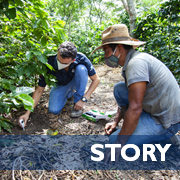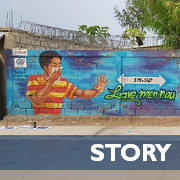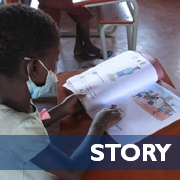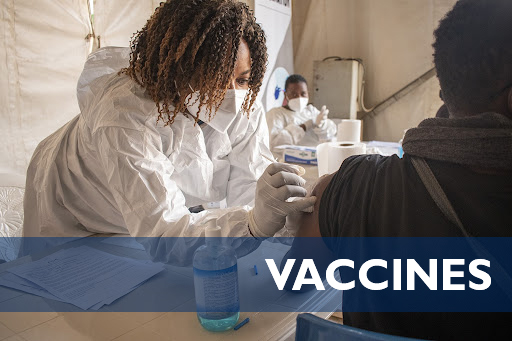Speeches Shim
USAID Operating Status
Last updated: May 03, 2022

Today, the United States—through the United States Agency for International Development (USAID)—announced $1 million in new COVID-19 assistance for Timor-Leste to extend the reach of vaccination programs by engaging trusted leaders and civil society organizations to urge hesitant citizens to get vaccinated, especially in communities outside Dili. The total U.S. assistance to help Timor-Leste fight COVID-19 now stands at $5 million.
Today, Administrator Samantha Power met with Secretary General Jagan Chapagain of the International Federation of the Red Cross and Red Crescent Societies (IFRC). They discussed IFRC’s tremendous contributions to tackling global health and humanitarian challenges around the world, including their work responding to the COVID-19 pandemic.
Today, the U.S. government—through USAID—announced an additional $11.3 million in COVID-19 assistance for the Philippines to support the country’s vaccine rollout efforts, as well as the Philippines’ national response plan to detect, manage, and treat COVID-19, especially among its most vulnerable populations. This support brings the total USAID, U.S. Department of State, and U.S. Department of Defense COVID-19 assistance to the Philippines to more than $39 million since the start of the pandemic.






Comment
Make a general inquiry or suggest an improvement.